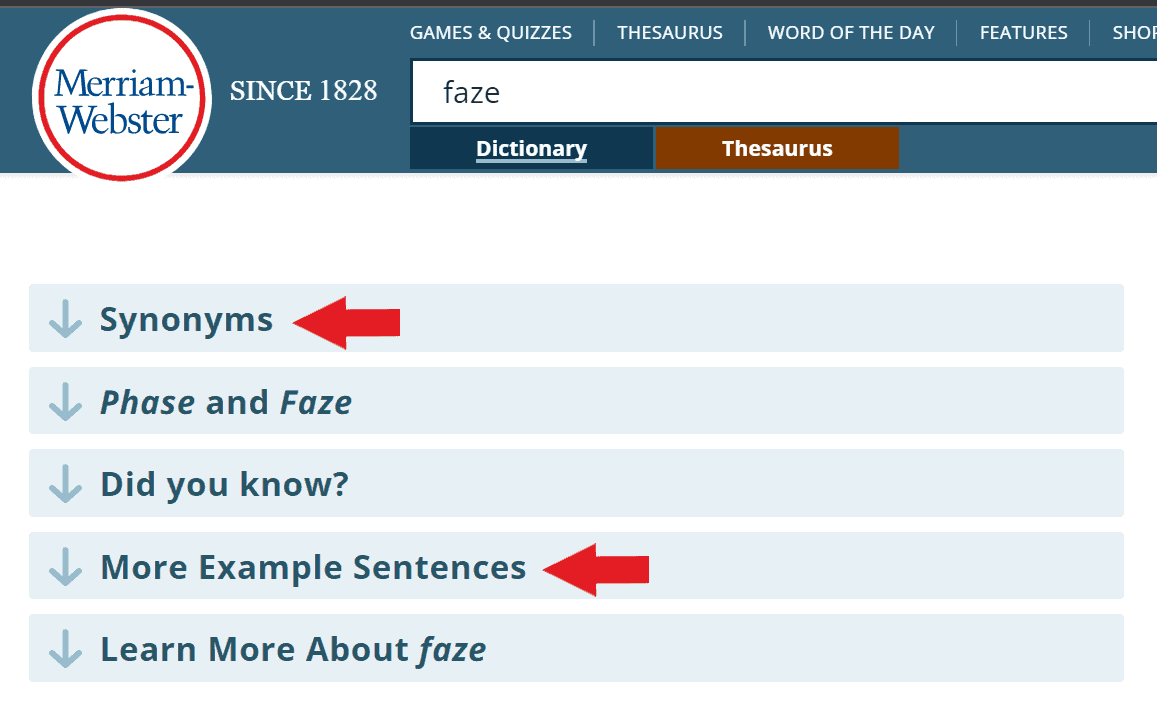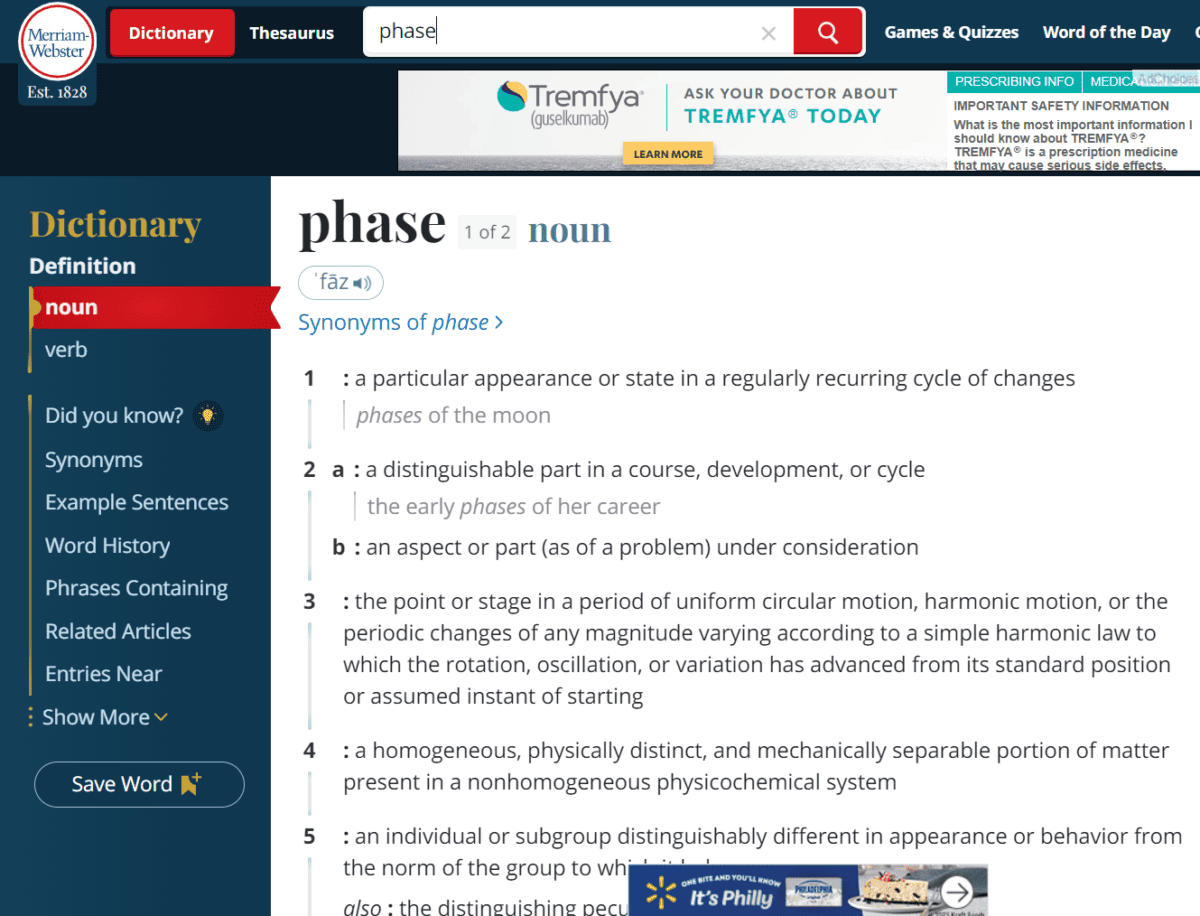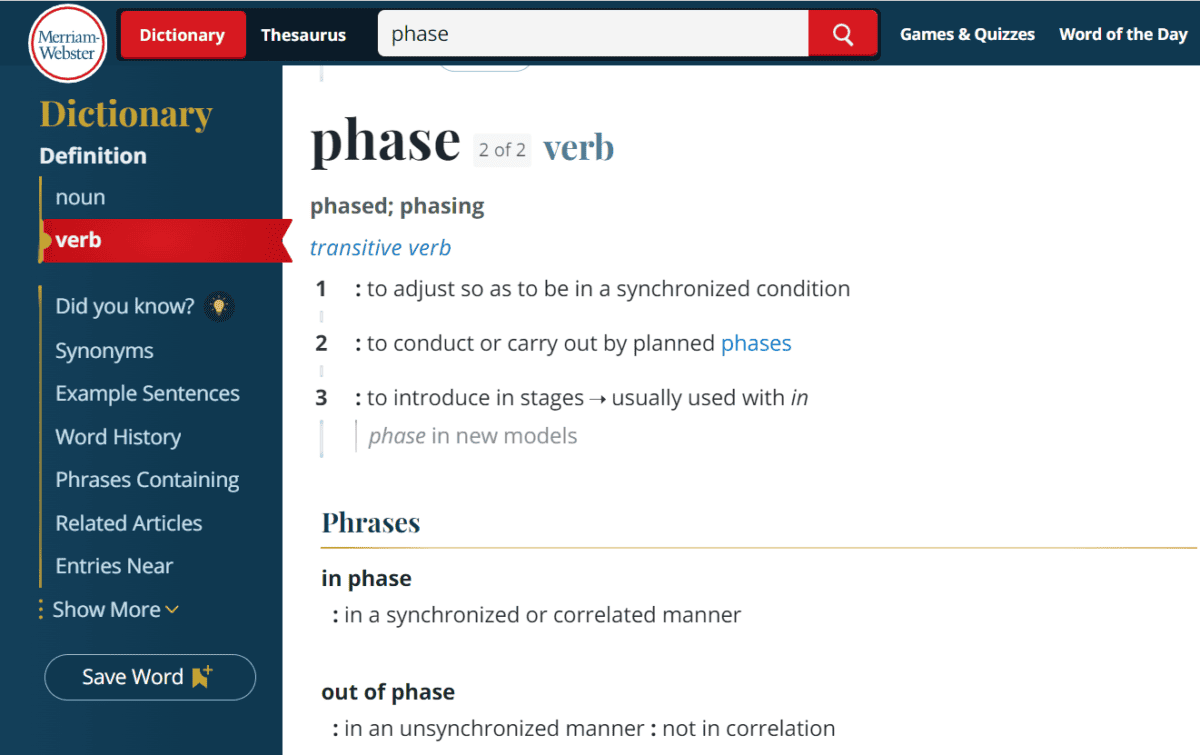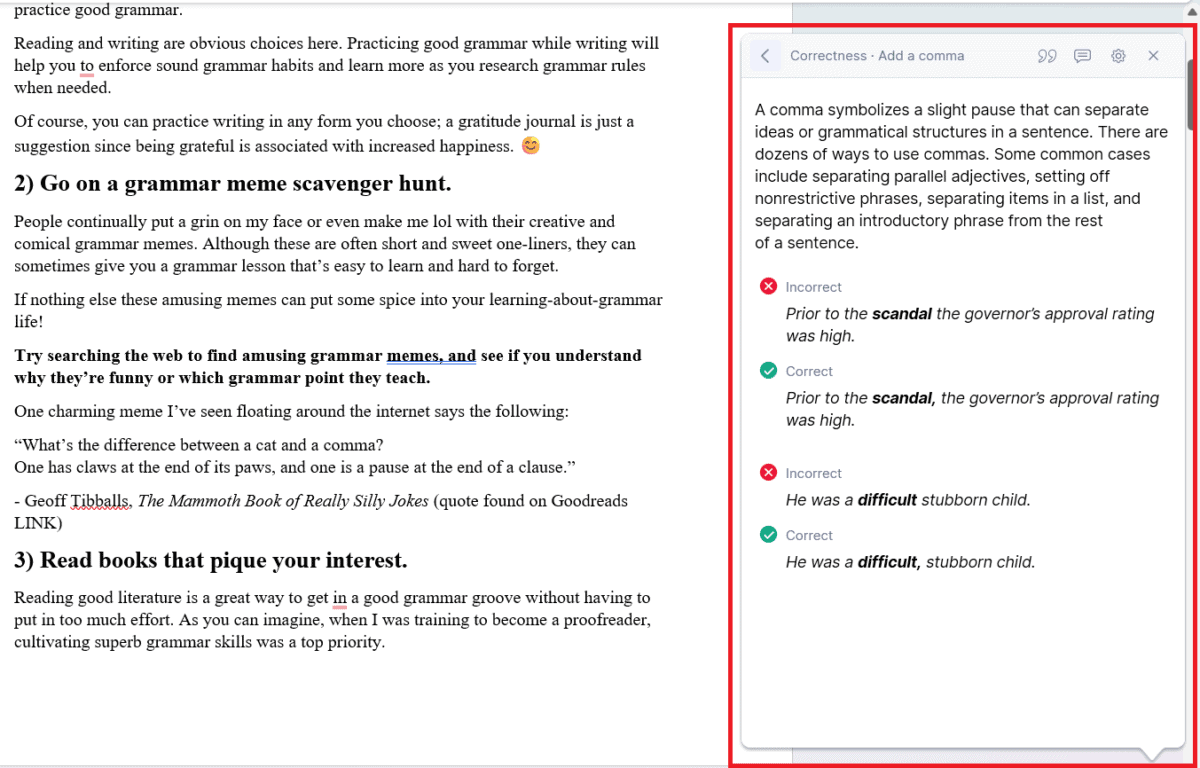This article may contain affiliate links. Please see our affiliate disclaimer in the footer menu for more information. Thank you for your support!

Improving your grammar means you’ll communicate more clearly and competently, which can translate into better job performance, higher grades, additional employment opportunities, and more.
As a proofreader on a constant quest to level up her grammar game, I’ll share some top-of-the-line tips so you can do the same. These strategies will help whether you’re a native English speaker or an English language learner (ELL).
I use these tips now or have used them in the past, so I can vouch for their effectiveness.
1) Read books that pique your interest.

Reading well-written books is one of the best ways to learn English grammar rules naturally! As you can imagine, cultivating superb grammar skills was a top priority when I was training to become a proofreader.
After studying a few rules, I would try to notice whenever I saw an example of one of those rules in a book I was reading.
Actively looking for examples helped to reinforce rules in an interesting and meaningful way. If it helps, you can highlight these sentences for future reference or write them down in a dedicated grammar notebook.
The more you observe good grammar and, specifically, sound sentence structure, the more you’ll start to imitate it.
And as a bonus, you’ll improve your vocabulary!
2) Write in a notebook to improve your grammar.
If you want to significantly improve your skills, you need to do something that allows you to practice good grammar productively, not just receptively.
Reading and listening are known as receptive skills because they involve receiving information, which is a passive process.
However, writing and speaking are productive skills because they require the learner to produce information, which is an active process.
Furthermore, writing in a grammar notebook puts the generation effect into practice, thus enhancing our learning. The generation effect is the idea that we remember information better if we produce it in some way (e.g., by writing) while learning it.
You can use your notebook to jot down rules and practice writing grammatically correct sentences.
For example, you can study a specific rule and then write it in your notebook.
If you can put a concept or rule in your own words instead of copying it verbatim, do it! 😊 Writing it in your own words will allow you to process what you’re learning more deeply.
After you’ve written down the rule, you can practice writing a few sentences that follow it.
If you struggle with this, it’s okay to jot down sentences nearly identical to the ones you see being used as examples to illustrate a rule.
As you gain more confidence, you can start varying your sentences more.
And remember to read your practice sentences out loud so your learning includes the other productive skill: speaking.
3) Learn English grammar rules at GrammarBook.com.

Fortunately, the study of English grammar includes guidelines. Yes, these rules sometimes have exceptions.
However, studying the basic rules will help you improve your grammatical know-how quickly.
I think it helps to focus on mastering one rule at a time so you don’t get confused or overwhelmed.
One of the best places to learn fundamental English grammar rules is GrammarBook.com.
The site contains many helpful resources, including English usage videos, a grammar blog, and quizzes galore!
You can start with the 50-question grammar practice test. Then, you can refer to the rules for areas you need extra help with.
Here are a few examples of the English grammar rules you can read about on GrammarBook.com:
- finding nouns, verbs, and subjects
- subject-verb agreement
- irregular verbs
- pronouns
- who, that, which
- adjectives and adverbs
- prepositions
- confusing words and homonyms (under the “Other Rules” section)
After you think you’ve got the rules down for a particular topic, you can take the corresponding quiz (or quizzes) to check your understanding.
The site has over 45 free quizzes!
Finally, when you think you’ve become a grammar guru, you can try your hand at the 50-question grammar mastery test. This test is a bit more challenging than the practice test.
If you’d like more places to practice, please peruse my post about the best websites to practice English grammar skills. I’ve categorized the websites according to proficiency levels so you can find the online English grammar sites that best meet your needs.
4) Take tests to reveal the grammatical errors you often make.
Taking tests is an engaging way to improve your skills and pinpoint your strengths and weaknesses.
Grammar Monster is one of my favorite sites for tests and games.
The site has a variety of grammar tests, and you can play games like whack a word and bubble pop to practice your skills.
And to see if you have any hiccups with homophones, you can check out this word choice test I created. I hope you enjoy it!
5) Consult a trustworthy grammar manual.

Once you’ve mastered the basics, you may want to dive into the details of English grammar. To do so, you’ll want to consult a comprehensive and reliable grammar manual.
If you need an affordable but in-depth manual, I recommend Complete English Grammar Rules: Examples, Exceptions, Exercises, and Everything You Need to Master Proper Grammar by Farlex International.
I own this manual and can attest that it’s quite thorough. It’s over 500 pages long and has a ten-page index that makes finding what you need fast and easy.
And if you want to become a bona fide grammarian, I recommend The Gregg Reference Manual, 11th Edition by William Sabin.
It’s more expensive than the Farlex book, but it’s been around for over 50 years and is exceptionally comprehensive.
Finally, if you’re a proofreader or editor who wants to improve your grammar, you’ll want to get your hands on one of the major style guides (e.g., The Chicago Manual of Style, 17th Edition) that covers the genre of writing you work on.
6) See examples of grammatically sound sentences on Ludwig.
Ludwig.Guru is a reliable source for finding well-written sentences in English. The site features more than 200 million carefully crafted sentences. Here’s how Ludwig describes itself:
“Ludwig is the first sentence search engine that helps you write better English by giving you contextualized examples taken from reliable sources.”
Source: Ludwig.Guru
When I use Ludwig, I type a word into the search bar to see how it’s used in several high-quality sentences. This practice gives me clarity and ideas for constructing strong sentences that make a statement.
A few other neat tasks Ludwig can perform include the following:
- put a group of words in the correct order
- find the word that’s missing from a phrase
- paraphrase a sentence
- give you synonyms
Ludwig allows you to perform a few searches for free each day before it prompts you to sign up for the paid version.
So start looking to Ludwig to improve your grammar and writing skills by seeing a slew of successfully crafted sentences. 😊
7) Peruse the Purdue OWL (Online Writing Lab).

A few of my college professors told me about this website, and I love it! Purdue University generously provides a wealth of knowledge on this site for its students and the public.
You can go to the Purdue OWL grammar exercises to get practice with the following topics:
- adjectives
- adverbs
- appositives
- articles
- count and noncount nouns
- prepositions
- tense consistency
If you’re an ELL, you can go to the multilingual exercises to practice subject position and nominalizations.
8) Go on a grammar meme scavenger hunt.
People continually put a grin on my face or even make me lol with their creative and comical grammar memes. Although these are often short and sweet one-liners, they can sometimes give you a lesson that’s easy to learn and hard to forget.
If nothing else, these memorable memes can put some spice into your learning-about-grammar life!
Try searching the web for amusing memes and see if you understand why they’re funny or which grammatical point they teach.
One charming meme I’ve seen floating around the internet says the following:
“What’s the difference between a cat and a comma?
One has claws at the end of its paws, and one is a pause at the end of a clause.”
– Geoff Tibballs, The Mammoth Book of Really Silly Jokes (quote found on Goodreads)
9) Refer to the Merriam-Webster.com Dictionary.
If you want to practice good grammar, you’ll need a good dictionary. My favorite is the Merriam-Webster.com Dictionary. Part of proper grammar involves using the right word in the right context.
We typically don’t have trouble using the correct word until we’re confronted with homophones—words that sound alike but have different meanings (and usually different spellings).
For example, faze and phase are homophones.
Of course, the dictionary will clarify our doubts about a word’s definition and spelling. Along with the definition, you’ll see the term used in one or more example sentences.
You also have the option to scroll down to see synonyms and more example sentences if you need more clarity.

It’s important to remember that some words can serve as more than one part of speech, depending on the context of a sentence.
For example, the word phase can be a noun or a verb.
A dictionary helps us understand how we use a particular word based on its part of speech.
Below, the dictionary shows us the difference between the word phase as a noun and a verb.


10) Use Grammarly’s explanations to learn more.
Grammarly can help you identify errors in your writing. Even if you use the free version of Grammarly, you’ll have access to the explanations provided with each recommendation.
To see Grammarly’s explanation for a suggestion, click on the small gray circle with the tiny upside-down exclamation mark.

Here’s what it looks like after the explanation card has popped up:

Keep in mind that although Grammarly is the most advanced grammar checker available, it’s far from foolproof. If you think it has made an erroneous suggestion, you may need to do a bit of research.
Picking up bad grammar habits while trying to learn good ones is no bueno. 😉
11) Head over to Grammar Girl’s site for terrific tips.
Mignon Fogarty, aka Grammar Girl, created the well-known Grammar Girl website and podcast. You can go to the Grammar Girl archive to access any of her articles or podcasts.
Mignon does an excellent job of digging into the nitty-gritty so we can fully comprehend the hows and whys of specific grammar issues.
Her site covers a lot of ground, so you can use the search bar to find topics you want to explore. I hope you enjoy gallivanting in Grammar Girl’s gratifying goldmine of grammar info as much as I do!
12) Check out the book Painless Grammar (it’s fun!).
I frequently talk about Painless Grammar in my posts because I derived so much value from reading it. It’s an inexpensive book that explains English grammar rules clearly and concisely. It gives plenty of examples, often with a splash of the author’s good humor!
Although the book is aimed at middle and high school students, it’s suitable for people who haven’t set foot in a classroom for decades.
If you’ve forgotten what’s meant by a dangling modifier or a demonstrative pronoun, this book will refresh your memory in a refreshing way.
When my sister studied transpersonal psychology at Sofia University, this book was on her required reading list for a writing class. Did I mention she attended as a grad student?
This book may seem elementary if you flip through the pages and see the loony illustrations, but it’ll help you build a solid base of grammatical knowledge.
Each chapter contains “Brain Ticklers” at the end to check your understanding of the concepts presented.
13) Watch Khan Academy’s videos on YouTube.
If you’re in the mood to watch videos, hop on over to YouTube, and use the search bar to find a video on that perplexing grammar point you’re trying to understand.
I especially recommend the grammar series by Khan Academy.
They’ve put out 118 entertaining videos to help you better understand English grammar. Almost all the video lessons are under 10 minutes long; most last about 3–4 minutes.
Here’s the first video in the series so you can see if these lessons appeal to you.
14) Proofread your writing to identify grammar goofs.
You’ll become aware of your grammar mistakes if you proofread your writing. You can then figure out how to fix these flubs. Knowing the slipups you tend to make is an integral part of improving your grammar game.
I recommend reading your writing out loud as part of your proofreading process. If something doesn’t sound right, it could indicate a mistake.
If you have trouble pinpointing your pitfalls, you may want to have a friend, family member, or classmate who is knowledgeable about grammar review your writing.
They can probably spot some grammar gaffes you overlooked.
As mentioned, a grammar checker can also help you find these errors. However, these checkers won’t catch everything and sometimes flag things that aren’t mistakes.
15) Enroll in the Grammar Lion course.
Finally, if you need support while upgrading your grammar game, I recommend Ellen Feld’s Grammar Lion: A Grammar Refresher. I took the course and found it quite helpful.
It’s a comprehensive refresher that helps you build a strong foundation in English grammar. During the class, you receive one-to-one support from the instructor.
She answers your questions via the course discussion forum or private email within one business day.
Ellen graduated from Johns Hopkins University with a master’s degree in writing.
“Good grammar doesn’t make good writing, but good writing demands good grammar.”
– Ellen Feld (founder of Grammar Lion)
The program is divided into 12 chapters that contain a total of 150 bite-size lessons. The lessons follow a logical progression and provide clear explanations and examples.
Ellen excels at breaking down grammar so it’s easy to understand.
Each chapter starts and ends with a quiz. At the end of every chapter, you’re given additional resources and fun ways to practice your skills.
I wrote a comprehensive article reviewing Grammar Lion if you’d like more info.
Frequently Asked Questions
What are the basic rules of grammar?
Grammar contains a multitude of rules. Some can be considered more “basic” than others. We have rules for all eight parts of speech: nouns, pronouns, verbs, adverbs, adjectives, prepositions, conjunctions, and interjections.
Here are a few basic rules to follow:
- ensure agreement between subjects and verbs
- make sure pronouns and antecedents agree
- use the correct verb tenses
- choose the right definite and indefinite articles
- pick the proper prepositions for the context
- avoid using an adjective when you need an adverb (and vice versa)
Why do I struggle with grammar?
You likely struggle with grammar because it’s a complex topic with a multitude of rules—many of which have exceptions. Also, you may not find it particularly exciting.
But if you don’t love it, don’t worry. With practice, perseverance, and patience, you’ll get a firmer grasp of grammar. And you’ll likely enjoy it more as you understand it better.
I hope this post has provided valuable tips for improving your grammar. I’ll be right there with you, scaling up my skills as I go!
If you need some stellar proofreading strategies so you can better recognize your grammatical errors, feel free to check out this article about tips for proofreading your writing.
Best wishes to you!
“No act of kindness, no matter how small, is ever wasted.”
-Aesop

Recent Posts
Punctuation is important because it enables us to communicate our message clearly and effectively. Without punctuation, we wouldn’t understand how units of a sentence relate to one another or how...
Although you're probably somewhat familiar with adverbs, you may be unaware of sentence adverbs. As a trained proofreader who has studied the parts of speech, I can help you understand this unique...
